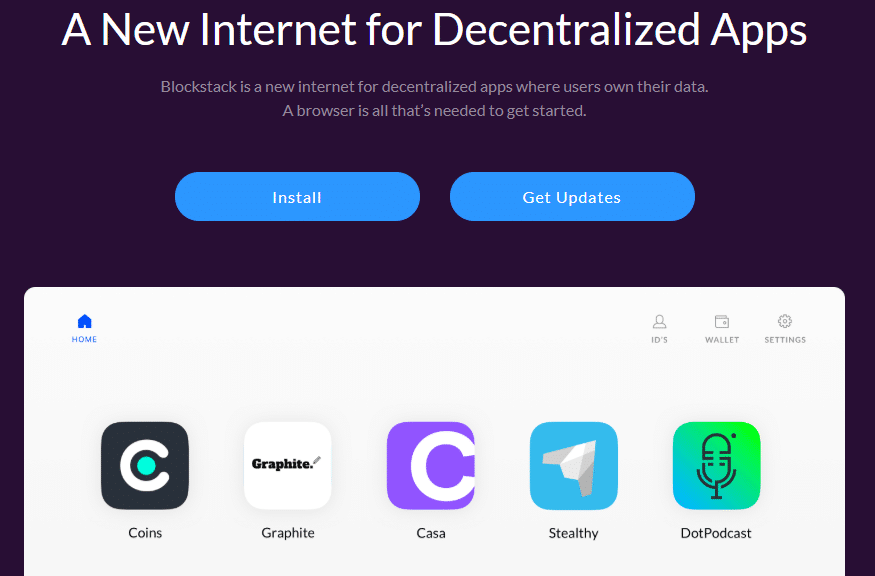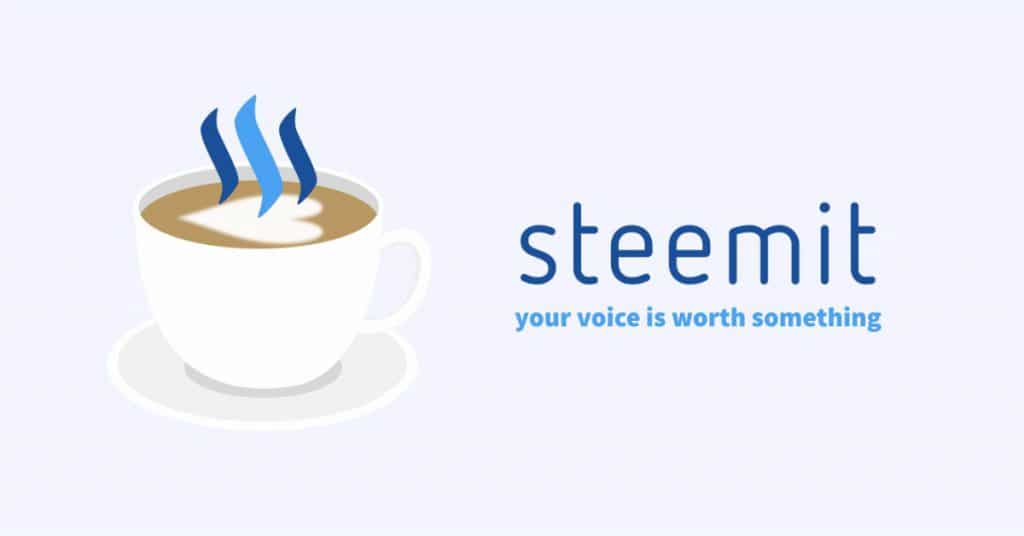
Centralized business models have been the foundation of the world economy for centuries. However, we are already beginning to see the early stages of a movement towards decentralization. While most organizations still tend to rely upon centralized business models, decentralized blockchain business models are becoming increasingly popular.
Decentralized blockchain business models sound good in theory. However, it’s important to understand how these models would function in practice. In this article, we’ll compare these two different business models and try to understand how exactly a decentralized blockchain business model could lead the economy of the future.
Decision-Making/Governance Processes
Most businesses make decisions based on hierarchal leadership and are not based on a consensus reached through public voting. For example, policies established by a company like Apple or Google dictate whether or a new mobile application will be approved or not. Under this system, a few key people within the company make this determination or set up governance systems and policies. This is a very centralized business model.
Another example would be the ability of a bank to determine how much money its customers can withdraw per day. While these limits can potentially be raised and changed, doing so requires an approval process from the bank: a centralized authority. In essence, these businesses require a lot of oversight and can sometimes impede possibilities for innovation simply because of the design of their business models.
In contrast, decision-making processes in decentralized systems can be created to favor the majority of all users instead of just those leading the company. For instance, instead of having Apple and Google review all of the content submissions on a one-by-one basis, many decentralized systems propose a new model where every person on the platform could actually have an equal vote to determine whether or not content is accepted.
For companies, Decentralized blockchain business models would make the approval process much cheaper and simpler. However, it’s important to note that current known issues like 51% attacks could possibly lead to “bad actors” on the system who could approve bad quality content. Thus, blockchain projects must think creatively about how to incentivize good actors in this model. If a decentralized company is able to keep “good actors” in charge of the decision-making processes, it can create what is known as a decentralized autonomous organization (DAO).
Revenue/ Financial Models
In the case of digital download platforms, money is also ultimately controlled by centralized authorities. For example, Apple and Google both utilize a 70-30 split on revenue for mobile applications, songs, ebooks, and other products sold on their platforms. While developers do get to keep a large portion of the funds, it’s important to note that these companies process 100% of the payment and keep a relatively large portion of revenue, making them highly centralized from a monetary perspective.
Decentralized blockchain business models look to win over content producers (i.e. app developers, musicians, etc.) with their overall emphasis on better rewards for content producers. While the user base for decentralized app stores hasn’t increased much yet, many of these projects have business models in place that are much more lucrative from a content producer’s perspective. Imagine if the revenue split on a decentralized app store was closer to 99-1 (or lower) rather than 70-30. That’s what companies like Status and Blockstack are offering.

Data Storage/Social Media
Another factor that makes businesses centralized is the nature of data storage. For example, companies like Facebook store sensitive data in centralized databases. This is part of the reason why there are no upfront costs for users to sign up and use the site. At the very least, data on these systems can be sold for profit indirectly via targeted, demographic-based ads. Important information ranging from a user’s age to their hobbies is valuable and easily accessible due to centralized databases.
On decentralized social media platforms, data generally isn’t sold for profit via targeted ads. That’s because social media platforms would not be the ultimate holders of user data in a decentralized business model. From a user perspective, this makes it much easier to protect personal data and have more options in how data is used.
The dilemma for companies, however, is how to create a business model that makes money without having access to data that can be used to generate revenue through targeted ads. This might require a shift away from a free model to a paid, sharing economic model where companies would get a small share of micropayments whenever users pay each other for content generation, likes, views, etc. For businesses, this sounds like a good way to generate revenue. However, users of decentralized platforms would have to be willing to accept this change. We have already begun to see this type of model being utilized on sites like Steemit.

Which business model is better?
In the above-mentioned cases for centralized business models, many different types of users see systemic flaws. Things like a lack of decision-making ability for users, unfair revenue shares for content producers, and a lack of overall data protection/ user privacy present many issues.
Most Decentralized blockchain business models are only in their infancies and haven’t quite emerged yet to rival their centralized counterparts. However, it’s important to understand how and why some emerging blockchain projects could potentially offer much better solutions.
In time, decentralized business models should be much better than the current centralized systems most people utilize today. However, the transition towards decentralized business models isn’t easy to accomplish overnight. First, there will need to be a lot of considerations taken into place.
While decentralization is ultimately better for a vast majority of content producers and consumers, decentralized companies will also have to be innovative when it comes to finding the correct balance between user adoption and profitability. As of yet, it’s still to be determined how a change of business models would take place and which companies will ultimately lead this movement.
The post Comparing Centralized vs Decentralized Blockchain Business Models appeared first on CoinCentral.

Coincentral.com is author of this content, TheBitcoinNews.com is is not responsible for the content of external sites.
Our Social Networks: Facebook Instagram Pinterest Reddit Telegram Twitter Youtube











